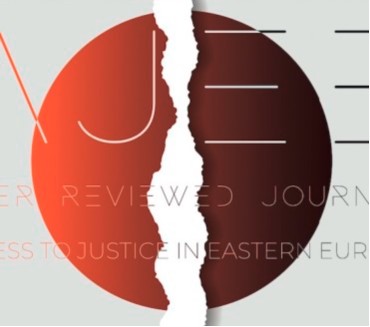Summary: 1. Introduction. – 2. Choice Of Court by the Parties to the Dispute. General Approaches to the Choice of Court Agreement. – 3. Form of Expression of the Choice of Court Agreement. – 4. Peculiarities Of Choice of Court Agreement Form: Ukrainian Experience. – 5. Derogation From the Agreement. – 6. Conclusion.
Background: The present article provides a detailed analysis of legislative regulation—both national and international—and case-law concerning the choice of court in cross-border disputes. In international business relations, the issue of which jurisdictional body that have jurisdiction over potential future disputes often arises. In addressing this subject, the authors meticulously unravel the intricate issues surrounding the application of the forum selection agreement, including issues related to derogation from such an agreement and the imposition of liability for actions taken in breach of it. A significant portion of the analysis is dedicated to examining the doctrinal approaches and court practices of Ukraine, which is in the nascent stages of introducing 'contractual mechanisms' for choosing a court. Furthermore, an analysis of case law from the Court of Justice of the European Union, and national courts of European countries reveals the absence of uniform approaches to this issue.
Methods: The study employed analytical, normative and comparative methods. The method of statutory research is used to characterise the statutory instruments relating to the procedure for selecting a competent court and the specifics of an exclusive agreement. In addition, the comparative method is reflected in the study of international and national legal regulation of the choice of court that will be authorised to hear cross-border disputes. By choosing the method of legal analysis and synthesis, the author provides a reasonable assessment of the case law of both national courts of the European Union, Ukraine, and the Court of Justice of the European Union.
Results and Conclusions: According to the research, the authors determine that utilising the Hague Convention on Choice of Court Agreements by parties in foreign economic relations will, firstly, enhance the objectivity of resolving disputes between the parties, and secondly, bolster and advance the global business community.

